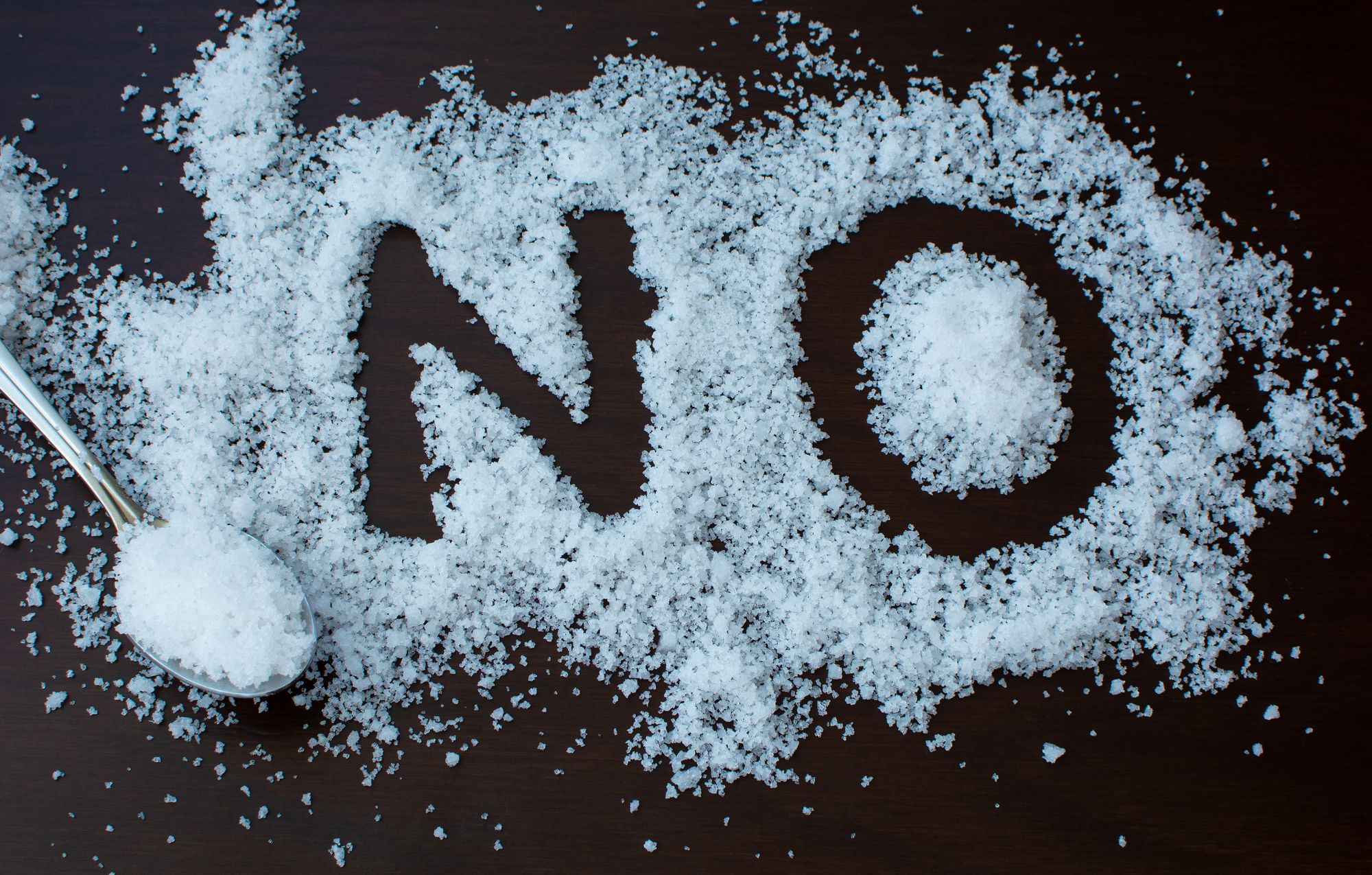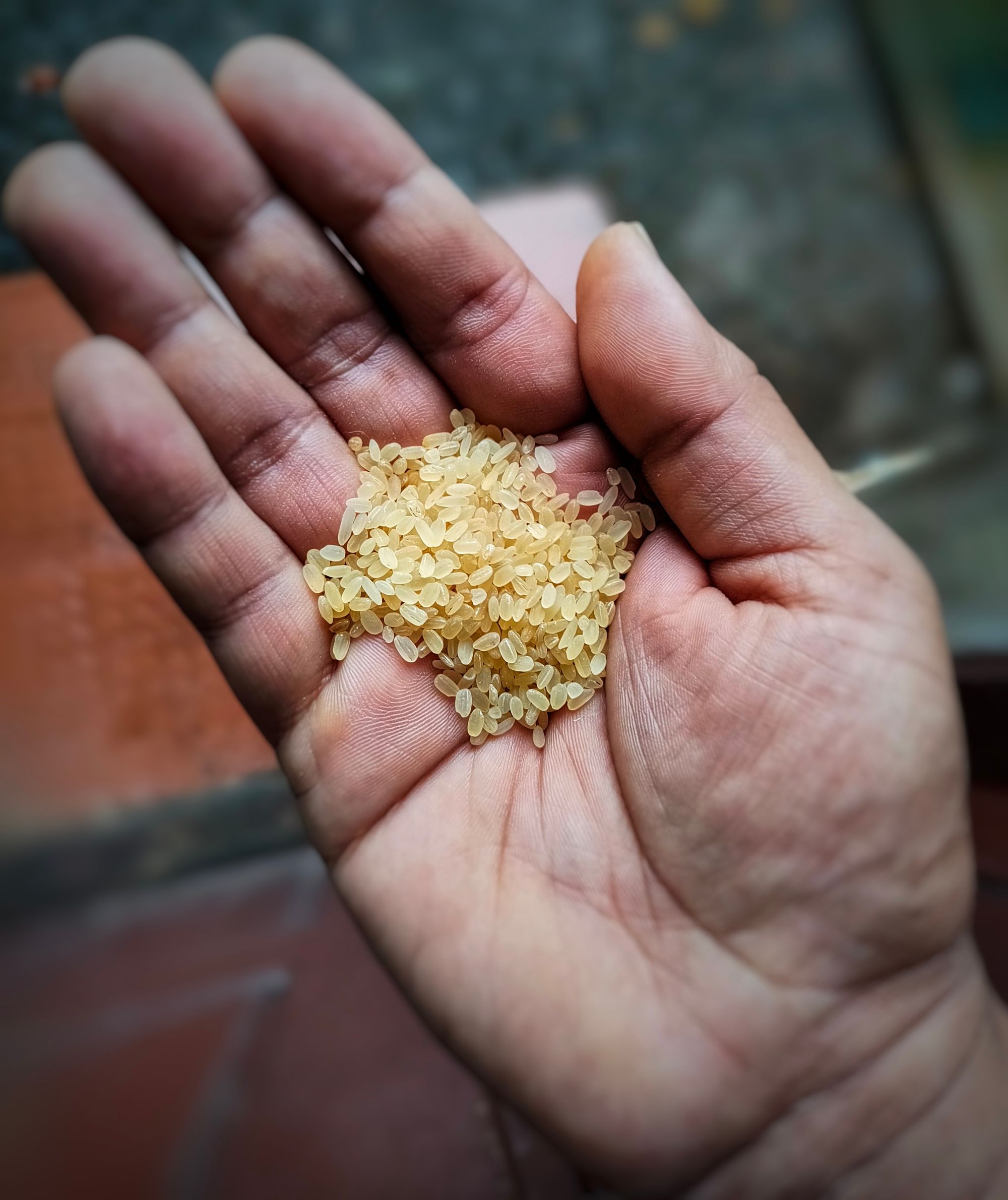As you grow older, your bones face increased challenges due to the wear and tear they endure from daily activities. Maintaining strong and healthy bones becomes increasingly vital with age, as lower bone density can lead to conditions like osteoporosis and significantly elevate the risk of fractures. While research underscores the positive impact of regular exercise such as running and strength training on bone health, there are specific daily habits that can undermine these benefits and pose a threat to your bones. To shed light on these concerns, we consulted with Dr. Laura Purdy, an MD and MBA, who is a board-certified family physician practicing in Fort Benning, Georgia. In this article, Dr. Purdy outlines the eight most detrimental habits that can adversely affect your bone health as you age.
If any of these detrimental habits resonate with you, fret not – it's never too late to prioritize the well-being of your bones. Whether you find yourself in your 30s, 40s, or beyond, the insights provided here will offer valuable guidance on preserving the strength and resilience of your skeletal structure. While time cannot be reversed, you can certainly steer your lifestyle towards one that promotes bone health. Continue reading to discover more about these unfavorable habits that may weaken your bones and learn how to sustain exceptional skeletal health as you journey through the aging process.
1) Inadequate Calcium Intake:

The National Institutes of Health (NIH) emphasizes the importance of calcium for bone health, and insufficient intake can lead to gradual weakening. To meet your daily calcium needs, incorporate dairy products such as yogurt, milk, and cheese into your diet, as well as other calcium-rich foods like fish, leafy greens, nuts, seeds, and fruit. Dr. Laura Purdy advises, "Ensure that your diet includes milk and dairy products, fish, orange juice, leafy greens, nuts, seeds, and fruits."
2) Excessive Sodium Consumption:

Research indicates that a high sodium intake can result in calcium loss from your bones, compromising their strength. To manage salt intake, reduce processed foods and opt for seasoning with herbs and spices. Additionally, focus on potassium-rich foods like bananas, oranges, and potatoes to help your body expel excess sodium, thereby promoting bone health. Dr. Purdy cautions against excessive salt intake, stating, "Avoid a diet with excessive salt as it weakens bones."
3) Lack of Regular Exercise:

Regular physical activity, particularly weight-bearing exercises like walking and weightlifting, plays a pivotal role in building and preserving bone density. Engaging in these activities stimulates bone strength and density, reducing the risk of fractures and osteoporosis. Dr. Purdy emphasizes, "Insufficient physical activity and a sedentary lifestyle can be detrimental to your bones. Even daily walks can positively impact bone health." Aim for at least 150 minutes of moderate-intensity exercise each week, such as brisk walking, dancing, or cycling.
4) Prolonged Sitting:

A sedentary lifestyle can adversely affect bone health by diminishing bone density and strength. Extended periods of sitting, whether due to office work or excessive screen time, elevate the risk of bone-related problems and other health issues. Dr. Purdy stresses the importance of breaking up prolonged sitting with short bouts of movement throughout the day. Simple actions like standing, stretching, or taking brief walks every hour can enhance blood circulation and counteract the negative effects of extended sitting.
5) Excessive Alcohol Consumption:

Excessive alcohol consumption impedes calcium absorption, preventing essential minerals from being absorbed, thereby weakening bones. Calcium is a fundamental mineral for the structural integrity of bones. To support your bone health, consume alcohol in moderation—up to one drink per day for women and up to two drinks per day for men, as recommended by the National Institute on Alcohol Abuse and Alcoholism.
6) Overconsumption of Carbonated Beverages:

Some studies suggest that the high phosphoric acid content in soda may increase calcium excretion from the body, potentially leading to weakened bones and fractures over time. Dr. Purdy advises against excessive consumption of carbonated beverages, which can quench thirst but fail to provide essential nutrients. Instead, opt for healthier beverage choices like water, herbal teas, or calcium-fortified alternatives such as fortified plant-based milk or orange juice, which provide hydration and crucial nutrients for bone strength and overall health.
7) Smoking Tobacco:

A 2021 study revealed that the harmful chemicals in tobacco smoke disrupt normal bone remodeling processes, resulting in bone loss and fragility. Additionally, smoking is associated with reduced blood flow to the bones, further contributing to bone weakening. Quitting smoking, although challenging, is imperative to safeguarding your bones and reducing fracture risk.
8) Inadequate Caloric Intake:

Insufficient calorie consumption can lead to complications, including reduced bone mass as you age. Bones require a continuous supply of nutrients like calcium, vitamin D, and protein to stay healthy. To protect your bone health, maintain a balanced diet that provides sufficient calories to support your bones and overall well-being, as suggested by Dr. Purdy.

